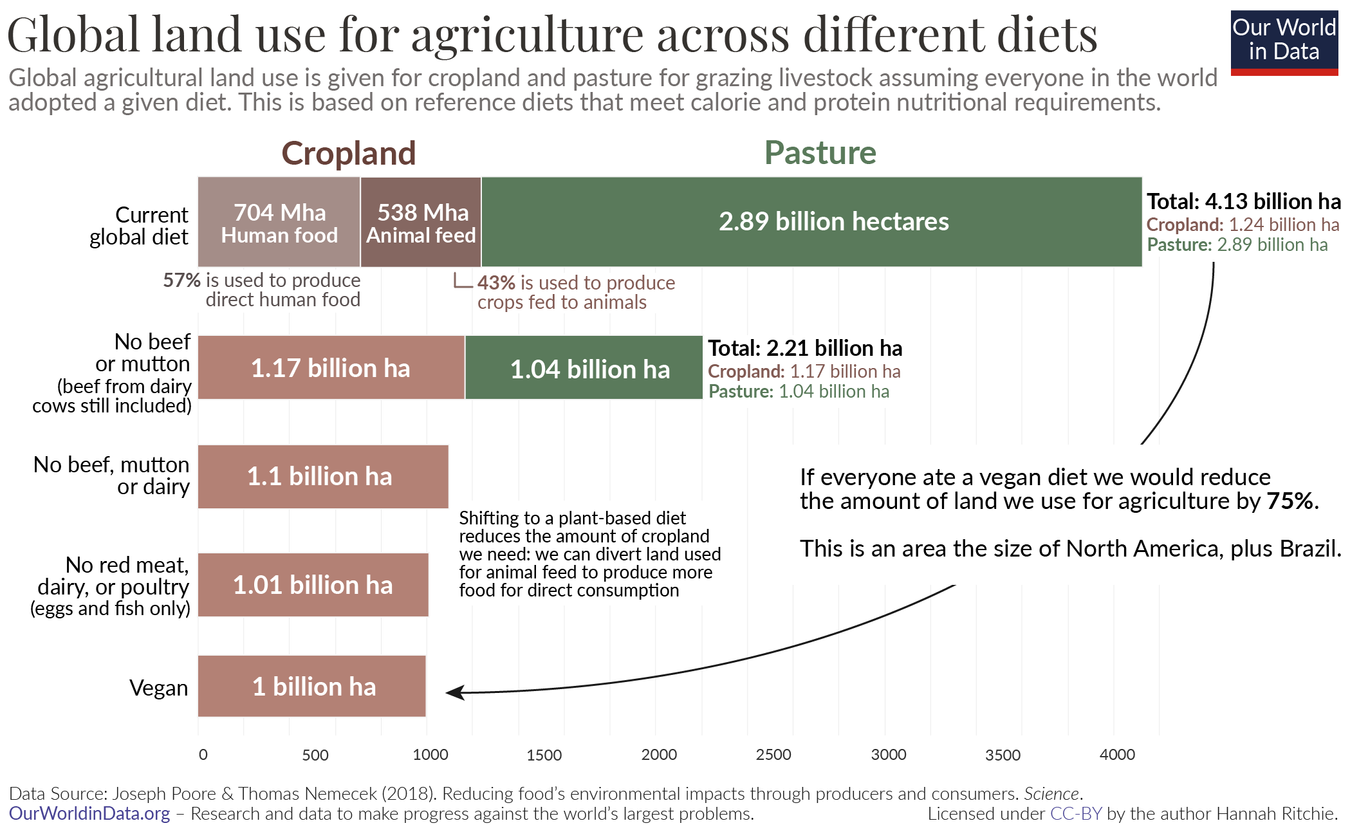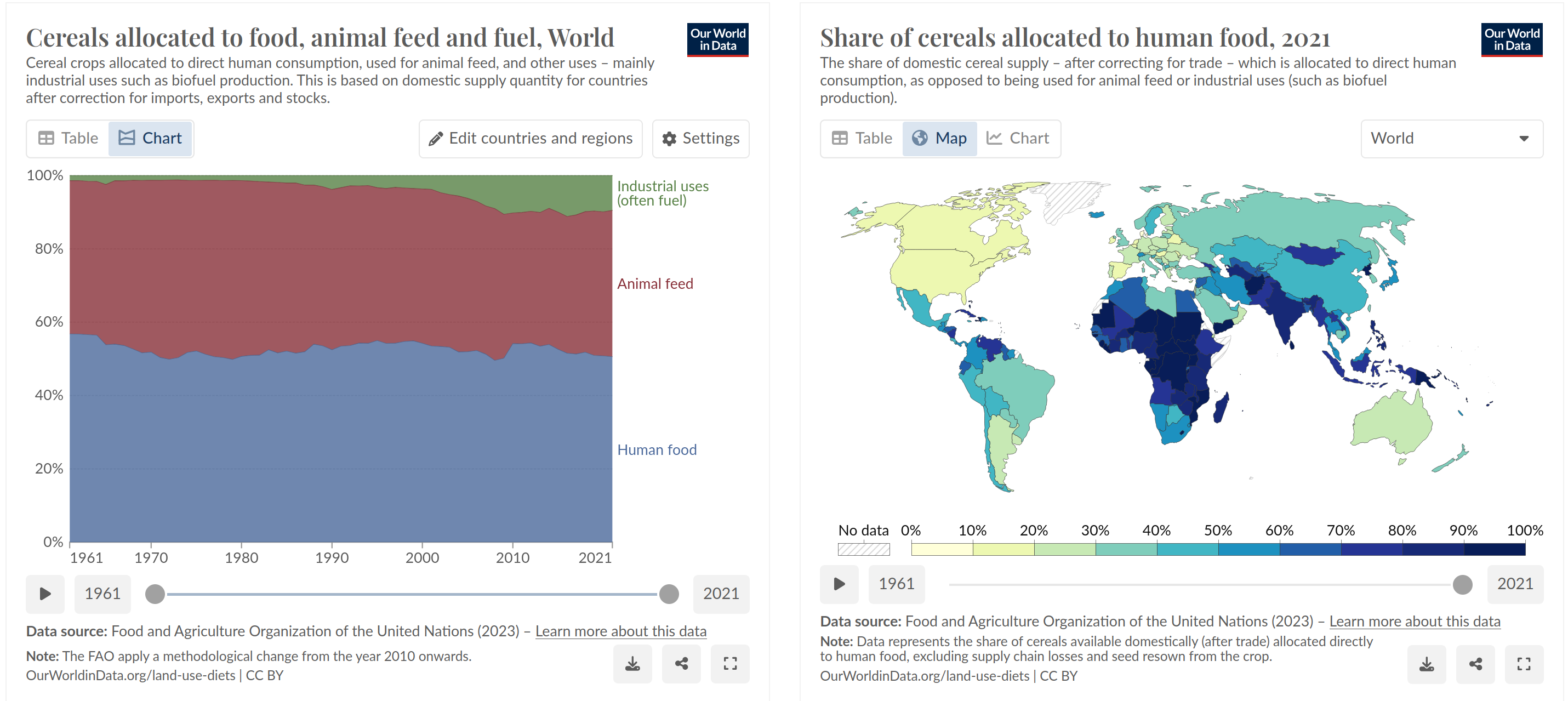

Would those missiles be powered by renewables?
I try to contribute to things getting better, sometimes through polite rational skepticism.
Disagreeing with your comment ≠ supporting the opposite side, I support rationality.
Let’s discuss to refine the arguments that make things better sustainably.
Always happy to question our beliefs.


Would those missiles be powered by renewables?


There are a lot of people and organizations that are just slow to move and don’t really know where to go.


I’m worried a failing economy could actually motivate them to get into war to divert the people’s attention and stay in power, I think it’s a common political tactic.


When you are not an expert of the domain, it is easy to get mislead by arguments such as the one you gave, maybe you’re correct, maybe you’re misleading, I don’t have the knowledge to verify by myself. That’s why I need to rely on reputable source, and it’s hard to do more reputable than a meta-analysis in Science. If you are correct, the rebuttal will eventually be published in a peer reviewed journal, I’ll will be happy to read the conclusions then.


I am skeptical that researchers and reviewers of Science wouldn’t have accounted for that. I made some research about rebuttal to this study, so far the only ones I have found are from farmer related or anti-vegan communities, which are likely more biased than a scientific journal. I will need at least a contradictory peer reviewed article to convince me this meta analysis is incorrect.


I don’t have the current knowledge nor the time to reach the level of researchers in the domain to make my own meta analysis. Where can I read a reputable rebuttal to this meta analysis?


Do you have a source more reputable than the Science journal and the Oxford university?


The majority of the plants humans grow through crop-based agriculture are fed to non-human animals.
It’s not that clear, it depends on the country. See the part about share of cereals dedicated to animal feed in this link, it’s about 15% in the USA and the rest of the feed is byproducts of crops used for human reasons. https://ourworldindata.org/land-use-diets


This is also covered by the study and the article I shared above. It would require using more lands for crops that feed people, but that’s ridiculously small compared to the land that would be regained from stopping animal agriculture, which is 75%. Just removing cows would do the vast majority of that.

Crops for feed can be regained and if most pasture land is inappropriate for crops, some are, so we would gain from freeing those too. Furthermore, this land can be given back to biodiversity, which will also benefit us in the long term, if just protecting biodiversity for the sake of it is not a good argument for you.
Again, I am not vegan, I mostly advocate for reducing, not forbidding, consumption proportionally to ecological impact. If some people for medical reason require meat, I’m completely fine with it, this would likely be a small percentage of the current consumption.
Omnivore, not obligate carnivore except for a few exceptions maybe, so we could use a low meat diet or a fully plant based diet fine.


They are also fed grains and soy in varying percentage depending on regions and countries.
There is also still the use of land, energy, fresh water and the methane emissions typical of cows.
This is another break down of the above-mentioned study: https://ourworldindata.org/land-use-diets

You can see that indeed, the USA does better than other countries on not dedicating crops to animal feed, but it is still about 14%, while the world average is around 40%. Isn’t that a lot that could be earned back?


How is that bullshit? I am not vegan, but that’s just a scientific consensus and a major reason why plant diet is way lower carbon than a meat diet. If you need to grow plant food for your animal food, eventually you have to grow way more plant food.
Most animals raised for meat consumption are fed with crops, notably soy, not wild grass.
Thinking animals raised for meat only consume resources (land (first cause of biodiversity loss), plants, water, energy) that would not be useful to humans anyway is undoubtedly wrong.
Researchers Poore and Nemecek are a great source of meta-analysis information about those subjects. Check this summary here for example: http://environmath.org/2018/06/17/paper-of-the-day-poore-nemecek-2018-reducing-foods-environmental-impacts/
Let me know if I misunderstood your point.


They may actually use English if they don’t have the same native language, many have another native language than Hindi. Also if they want to be readable more easily by the rest of the world like I’m doing currently.


Good point, but I think it’s possible Indian and Nigerian, for example, user generated English content, will compete with USA’s. Cultural bubbles may remain, but the internet in some ways also make them more porous.


I think NA+EU+Commonwealth will remain an interesting rich market, so they will make it accessible to them, like the recent Chinese video game Black Myth Wukong, for example. Also India already produces a lot of movies with English version, and there are large parts of high demographic growth countries speaking English in Africa, for example Nigeria, projected to be 500M of people by the end of this century.


Doubt it will keep being the case in a couple of decades given the demography of China, India and Africa once they are all developed enough to produce as much media as the USA today.
I think it’s probably because it is informal or maybe ambiguous.
Yes, social democrat is where left starts in EU, I think.
I had a Pycharm linter with “inconsiderate writing list” flag my use of “bi” as inappropriate, recommending to use “bisexual” instead. In my data job, BI, means business intelligence, it’s everywhere.
Hmm, exo-tetrahydrodicyclopentadiene fuel doesn’t sound very sustainable to me. 🤔